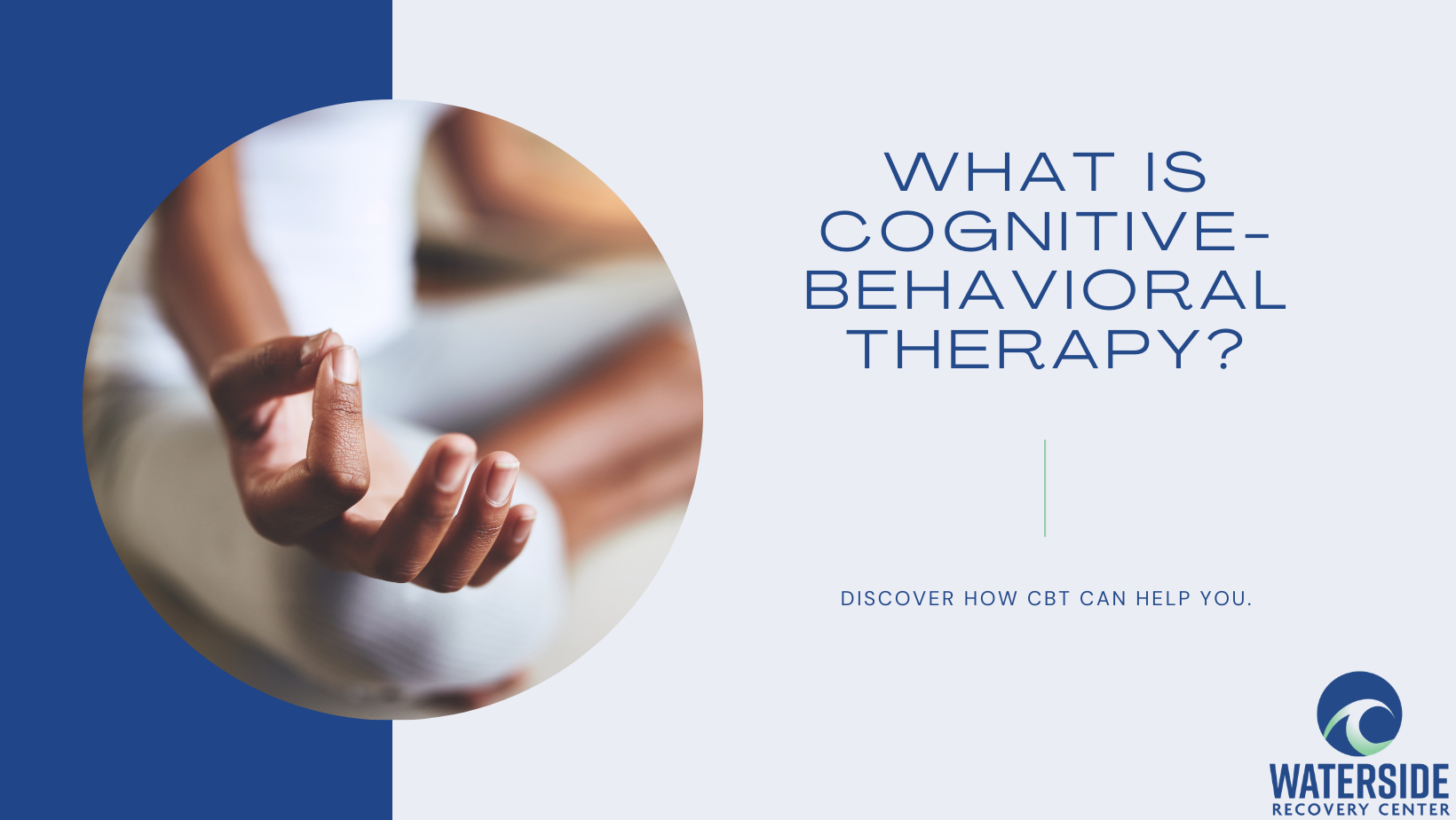Understanding Cognitive-Behavioral Therapy in Recovery
Have you ever stopped to ponder the intricate connection between thoughts, beliefs, and behaviors? Cognitive-behavioral therapy (CBT) delves into precisely that realm. Additionally, this approach to treatment is a beacon of hope for many individuals in recovery, offering invaluable skills to navigate the tumultuous seas of sobriety while enhancing self-esteem, goal-setting strategies, and interpersonal skills along the way.
At its core, cognitive-behavioral therapy aims to identify and transform inaccurate and detrimental thought patterns. It operates on the premise that many psychological issues stem from flawed thinking, which in turn spawns unhelpful behavior patterns. Consequently, by reframing thoughts and adopting healthier coping mechanisms, individuals can usher in profound transformations, replacing negativity with positivity and self-respect.
Exploring CBT Methods
Embarking on a journey of CBT involves several key steps. Initially, you’ll pinpoint the challenges, concerns, and aspirations you wish to tackle. Then, under the guidance of a skilled therapist or facilitator, you’ll dissect your thought processes, shedding light on any distortions or inaccuracies. Through practices like cognitive restructuring, you’ll learn to challenge destructive thought patterns and cultivate thoughts that are grounded in reality and compassion. Now, here is a brief list of some CBT methods:
Cognitive Restructuring: This involves identifying and challenging negative thought patterns or cognitive distortions, such as overgeneralization or catastrophizing, and replacing them with more realistic and helpful thoughts.
Behavioral Activation: Behavioral activation focuses on increasing engagement in positive activities and behaviors to counteract depression or other mood disorders.
Exposure Therapy: Exposure therapy involves gradually exposing individuals to feared or avoided situations in a controlled setting, helping them overcome anxiety or trauma-related symptoms.
Relaxation Techniques: These techniques, such as deep breathing exercises or progressive muscle relaxation, help individuals manage stress and reduce feelings of anxiety or tension.
Tailoring CBT to Your Needs
The beauty of cognitive-behavioral therapy lies in it adaptability to various conditions, circumstances and co-occurring disorders. Commonly, a person suffering from substance abuse will also simultaneously be suffering from a mental health diagnosis. Fortunately, CBT is beneficial to a wide array of mental health conditions.
Here are four conditions and circumstances where CBT is commonly used:
Anxiety Disorders: CBT is highly effective in treating various anxiety disorders, including generalized anxiety disorder, panic disorder, phobias, and social anxiety disorder. It helps individuals identify and challenge anxious thoughts and develop effective coping strategies.
Depression: CBT is a first-line treatment for depression and is effective in reducing depressive symptoms by targeting negative thought patterns, increasing engagement in pleasurable activities, and promoting problem-solving skills.
Post-Traumatic Stress Disorder (PTSD): CBT, particularly trauma-focused CBT, is widely used to treat PTSD by helping individuals process traumatic memories, challenge maladaptive beliefs about the trauma, and develop skills to manage distressing symptoms.
Substance Use Disorders: CBT is an integral part of substance abuse treatment, helping individuals identify and change addictive thought patterns and behaviors, develop coping skills to manage cravings and triggers, and prevent relapse.
Embracing CBT at Waterside Recovery Center
At Waterside Recovery Center, we recognize the profound impact of cognitive-behavioral therapy on the journey to recovery. Our personalized treatment plans cater to each individual’s unique needs and diagnosis, integrating individual and group therapy sessions facilitated by experienced professionals. By embracing evidence-backed practices like CBT, we empower individuals to embark on a transformative path towards healing and sobriety.
In the realm of addiction recovery, cognitive-behavioral therapy stands as a beacon of hope, offering invaluable tools to navigate the complexities of sobriety. By challenging detrimental thought patterns, fostering resilience, and honing coping skills, individuals can embark on a journey of profound transformation. At Waterside Recovery Center, we stand ready to guide you on this journey, offering a safe and supportive environment to cultivate lasting change. Reach out to us today to embark on the path to a brighter tomorrow.
At Waterside Recovery Centers we pride ourselves on providing the top addiction treatment in Massachusetts. With a range of evidence-based, client-focused and individualized treatment offerings, we are able to provide the ideal support for those seeking recovery from substance addiction. Please feel free to reach out to our help line at anytime.
(866)671-8620




